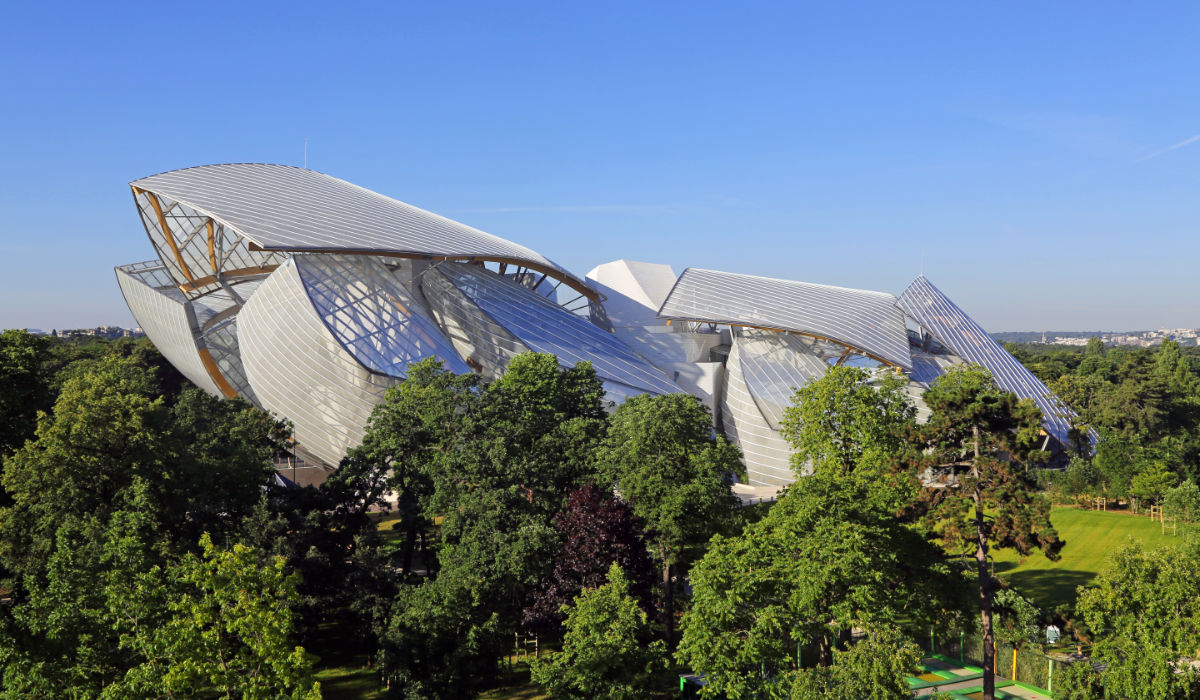RIYADH: French engineering and consulting firm Setec Group is working on urban air mobility in the Kingdom.
The concept being developed with the company’s European partners and manufacturers aims to provide air mobility for people and goods.
With Dubai expecting to launch its first flying taxi by 2026, and countries considering the service as a way to ease traffic conditions, Saudi Arabia is also joining the race for air mobility.

King Salman Park is the world’s largest urban park in the heart of Riyadh, with multidisciplinary engineering design by Setec. (Supplied)
The French integrated engineering solutions provider is developing new mobility solutions, especially for the Gulf region, with the development of public transport and soft mobility services for smart cities.
“It is like an air taxi. We have developed a preliminary feasibility study for Riyadh, to connect Riyadh with the new centralities that are being developed in the vicinity, namely Diriyah and Qiddiyah, and the service might be implemented in the coming years, to ease the road infrastructure, and for fast transit between the different centralities,” Patrick Bteich, a partner at Setec Group, told Arab News en Francais.
“Air mobility needs special permits from various ministries,and you need to work on corridors to mitigate security issues … from pilot to the implementation, it can take a few years depending on the regulation. But it’s a project that could be developed for Vision 2030,” Bteich added.
HIGHLIGHTS
• Urban air mobility would serve to ease traffic conditions.
• Dubai expects to launch its first flying taxi by 2026.
• Setec Group is one amongst several French companies working in AlUla.
Development of AlUla in recent years has witnessed significant French-Saudi collaboration through the AfAlUla and RCU intergovernmental agreement. The partnerships demonstrate the Kingdom’s ambition to make AlUla a leading international destination for culture and tourism.
Setec Group is one amongst several French companies working in AlUla.
The engineering firm’s presence in AlUla falls in line with the intergovernmental agreement, as well as the group’s desire to expand its presence in the western parts of the Kingdom.

Patrick Bteich, Setec Group partner
The French group, which is also working on King Salman Park and the development of metro lines, aims to “help the Kingdom reach its objectives as part of Vision 2030,” Bteich said.
“We’re looking to position ourselves, working on iconic buildings in terms of assets, high-rise tower projects, and we are interested in all the metro and LRT (light rail transit) developments that are happening in the region. In Riyadh, we have line extensions that are going to be floated to the market, including the Qiddiya LRT,” he added.
In its manifesto for low-carbon construction, Setec Group committed to offering low-carbon alternatives on its projects.
Our motto today is resilience and adapting to climate change, which is quite important in the region knowing that heat waves may become stronger and last longer.
Patrick Bteich, Setec Group partner
“We’re also trying to put our green touch and valued engineering expertise to have buildings and assets with lower impact on the environment. Our motto today is resilience and adapting to climate change, which is quite important in the region knowing that heat waves may become stronger and last longer,” he added.
The engineering firm is focused on international expansion, which makes up more than 30 percent of its activity.
With established offices in KSA, the UAE, and Egypt, the group is centering its efforts and business development in Saudi Arabia, in line with the Kingdom’s mega projects, with three offices across the country.

The Louis Vuitton Foundation, a contemporary art center located in the Bois de Boulogne, Paris. Architectural design by Frank Gehry and multidisciplinary engineering design by Setec. (Supplied)
“In the Kingdom, we are now finalizing our work on the King Salman Park, the landscape design with our partners Gerber Architekten (German architects) and Buro Happold (English engineers), and we have submitted the last package at the end of October, and the construction is underway and within budget. The project is expected to open soon,” Bteich said.
Setec is also working on the project management for Diriyah Gate and has worked on project management within the FAST consortium on 3 out of the 6 metro lines of Riyadh.
“The core of our activity is related to transport and infrastructure: Metros, trains, highways, high-speed lines, airports … this is around 60 percent to 65 percent of our activity, and this was the core activity when we started, with complex structures,” he added.
Among its flagship projects, Setec worked on the French section of the underwater Channel Tunnel between France and the UK.
The group also designed the Viaduc de Millau, the world’s tallest cable-stayed bridge, as well as iconic buildings including the Louis Vuitton Foundation Museum in France, the Tribunal de Justice in Paris, and the Louvre Abu Dhabi.
“We assist architects in the design to make the project happen … we had the chance to meet key clients from Saudi Arabia recently and it is going to open good opportunities for collaboration,” Bteich said.
Setec Group includes more than 40 companies. The firm develops feasibility studies leading to detailed design studies, environmental impact assessments, and offers client site supervision and consulting services.





































